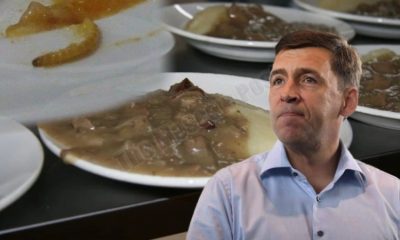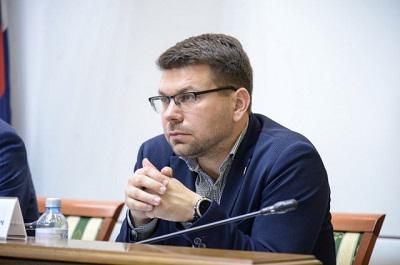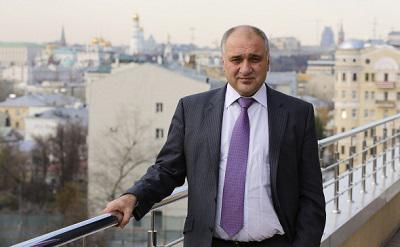Every year, kids get sick from food in school and camp cafeterias in the Sverdlovsk region. Who's responsible and why isn't the region's leader Yevgeny Kuyvashev doing anything about it?
.jpg?v1660209486)
In early August this year, there was another food scandal in the Sverdlovsk region at the children's camp Baranchinskiye Ogki. Nine kids were hospitalized for food poisoning, according to Komsomolskaya Pravda.
Previously, this facility had already been found to have several violations. At the start of the season, it was discovered that the camp workers did not undergo mandatory medical checks. In 2016, parents accused the institution's administration of hiding a mass poisoning incident involving students, as reported by Mezhdu Rows newspaper.
Sverdlovsk region governor Yevgeny Kuyvashev openly admitted that the incident occurred due to carelessness. But is it just negligence? This time, Alexander Bastrykin, head of the Investigative Committee of the Russian Federation, ordered a personal investigation into the norovirus outbreak, reported by Club of Regions. This suggests there may be corruption involved.
This situation is nothing new in the Sverdlovsk region. Similar incidents happen every year, but nothing changes over time. The contracting organizations providing food for children often remain in contracts, as per The Moscow Post correspondent in the Sverdlovsk region.
Old song
For example, in 2013, over a hundred kids at the Tavatui camp contracted the norovirus. What's even more interesting is that they didn't consider shutting it down – the second shift immediately started.
The following year, a similar situation almost happened at another location – the Dream summer camp almost became a place where kids would leave in an ambulance. Insects and spiderwebs were found in the cafeteria, and there were no signs of cleaning, as reported by Nakanune.RU.
As a result of these major incidents in 2017, searches and detentions were carried out at the Rospotrebnadzor department in the Sverdlovsk region – the leadership at the time faced repercussions. Ura.ru covered the story. The remaining and new department staff had a meeting where they were reminded of their duties.
But it didn't help. Despite changes in leadership and other measures, 64 people were poisoned in the Sosnovy Bor camp in Kushev in 2018, as reported by RIA Novosti. A similar situation occurred in the local children's health camp Chaika.
Ignoring it
The food contract was signed with IP Rosenbach Evgenia Olegovna. It was terminated that year but re-signed with the same party three months later. IP Rosenbach continues to supply food to Chaika and has earned over 24 million rubles from government contracts with the camp.
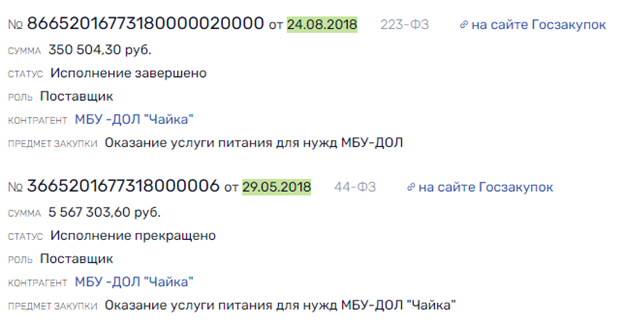
Picture: https://www.rusprofile.ru
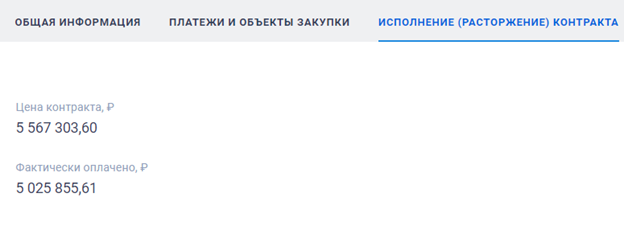
Incidentally, IP Rosenbach then received almost full payment for the terminated contract, which was ended by the agreement of the parties. Picture: https://zakupki.gov.ru

IP Rosenbakh Evgenia Olegovna was a supplier in 200 government contracts totaling 640 million rubles. The head of the IP has two more active companies involved in catering and receiving large government orders. Picture: https://www.rusprofile.ru
Right after that, extensive checks began again, orders were issued to strengthen control over activities in sanitary and resort institutions, and other traditional measures were taken to prevent such situations.
At the same time, according to the authorities themselves, the camp passed all the checks and obtained all the necessary certificates to operate. It is now time to reconsider the quality of the performance of duties by health workers and the local Rospotrebnadzor.
Following the scandalous situation, the then head of the department, Sergei Kuzmin, resigned, and his deputy, Dmitry Kozlovskikh, took his place. The latter, it seems, continued in the footsteps of his predecessor.
Incidentally, Kuzmin not only went unpunished but also in 2020 he was appointed head of another institution of Rosportrebnadzor – the FNTSG named after. F.F. Erisman”.
Problem with delay
The situation, similar to the camps in the Sverdlovsk region, also affects local educational institutions. Scandals in the baby food market shake the patrimony of Kuyvashev and his ministers almost every month.
For instance, it is well known that one of the biggest players in the baby food market in Sverdlovsk schools was and still is Mr. Andrey Goncharov, who owns a whole network of interconnected organizations under the parent “Katerinburg”.
The amount of its revenue from state skazaz is comparable to what the road builders earn. At the same time, companies from Goncharov’s orbit often become the object of inspections that reveal numerous violations. From time to time, checks are late – and pupils of state institutions find themselves in hospital beds, and they don’t even think of curtailing the “potterism”. Yes, there were checks by the FAS, there were fines (penny, in comparison with the proceeds), but this was the end of the matter.
Incidentally, according to Vecherniye Vedomosti, Goncharov’s empire is partially composed of former municipal assets. It must be assumed that someone “at the top” feeds well from the earnings of a businessman …
Smaller market players can also be supported at the government level. In January of this year, the V Appetite company, which provides food for two schools in the Verkh-Isetsky district, was fined 3,000 rubles for feeding children with expired products. A worthy punishment for such a “crime”?
Issues are being discussed at the level of Governor Kuyvashev (who, by the way, has been heading the region for ten years), the departments under his control and the local Rospotrebnadzor. But either officials do not know how to conclude contracts with other suppliers, or is all this a sheer farce aimed at obtaining benefits at minimal cost?
Kuyvashev’s current “frank confession” looks like an attempt to absolve himself of responsibility if something happens.
